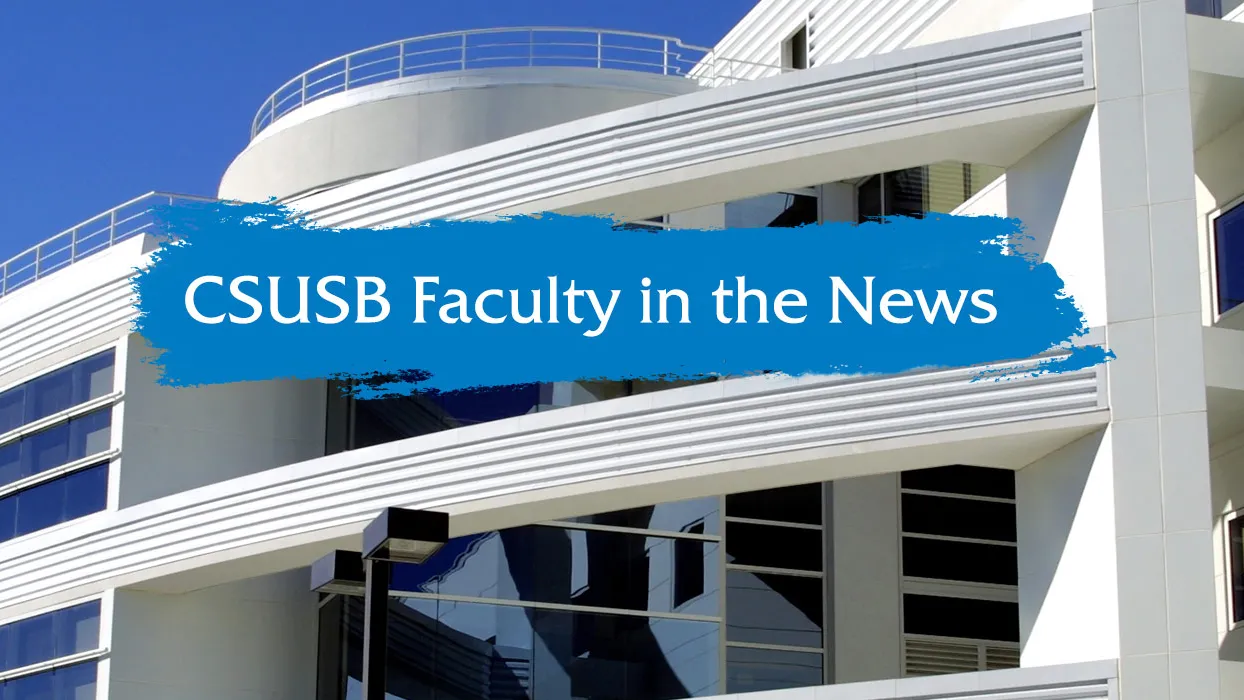NOTE: Faculty, if you are interviewed and quoted by news media, or if your work has been cited, and you have an online link to the article or video, please let us know. Contact us at news@csusb.edu.
What’s in a name?
Inside Story (Australia)
Sept. 27, 2022
Brian Levin, director of the Center for the Study of Hate and Extremism at California State University, San Bernardino, was interviewed for an article about law enforcement and mainstream media calling out right-wing terrorism for what it is.
Levin commented on an incident in 2010, when a man flew his single-engine airplane into a building housing an Internal Revenue Office, killing himself and one other person. He had left behind a note regard by some as a manifesto.
Levin said, “This was someone who wanted to declare war on the IRS and to have a movement continue after he was gone… He wanted to light the fuse that would cause a general uprising by others who feel cheated by the tax system to act out violently.”
CSUSB has a major role in helping to address region's and state's water crisis
Redlands-Loma Linda Patch
Sept. 26, 2022
Cal State San Bernardino plays an important role working with the region’s water agencies in addressing the Inland Empire – and the state’s – water crisis brought on by the prolonged drought, a university professor said at the Save Our Water Roundtable.
CSUSB hosted the event on Sept. 19 that brought to campus representatives of the San Bernardino Valley Municipal Water District, San Bernardino Municipal Water Department, Yucaipa Valley Water District, East Valley Water District, West Valley Water District, and the San Bernardino Valley Water Conservation District. Also attending the gathering where regional cooperation and projects were highlighted were Dorene D’Adamo, vice chair of the State Water Resources Control Board, and state Sen. Rosilicie Ochoa Bogh of Yucaipa.
Jennifer Alford, CSUSB department chair and associate professor of geography and environmental studies, said the university is looking at the issue from an interdisciplinary approach, working across conditions that span the environmental to the economic, “so that we can be more innovative about our partnerships.”
And the regional partnerships provide opportunities for service learning for students, many of whom are the first in their families to go to college and have a strong desire to remain in the region, which means they are invested in the community.
There is an “underlying need to educate the next generation to ensure they understand the systems that are functioning here, how everything is connected,” Alford said. “So how we really we see our role in supporting all of your efforts is to ensure that our students are getting a well-rounded education that include the experience of working and learning from all of you.”
These news clips and others may be viewed at “In the Headlines.”
